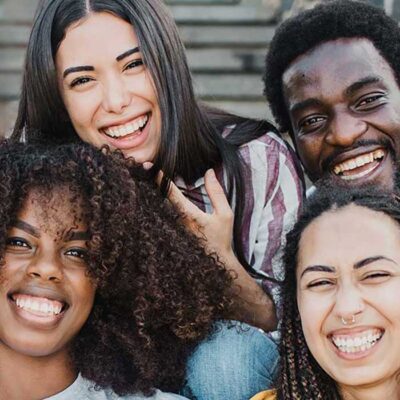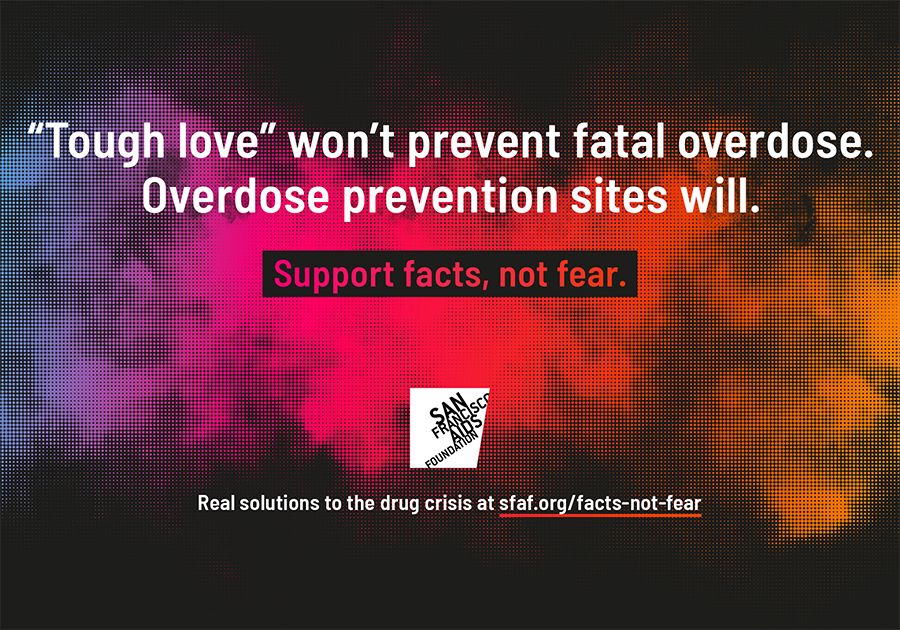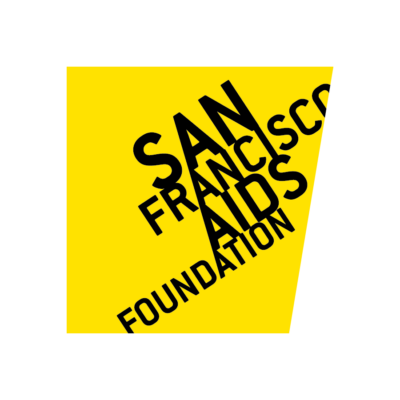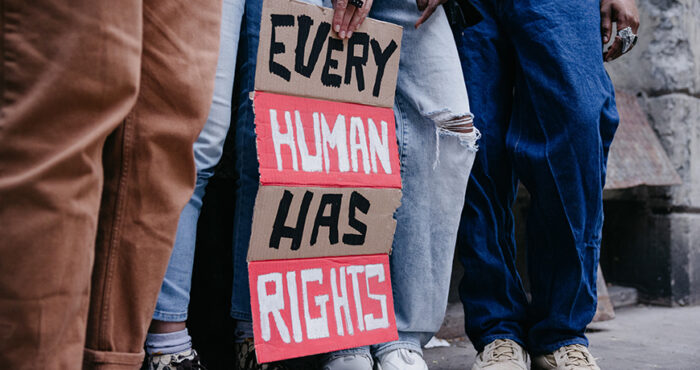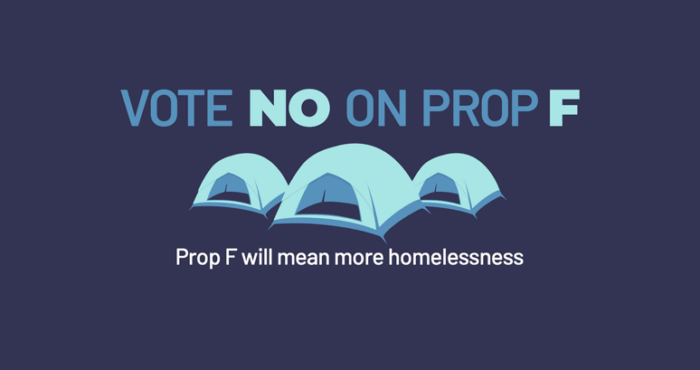3,026 lives lost to overdose since January 2020
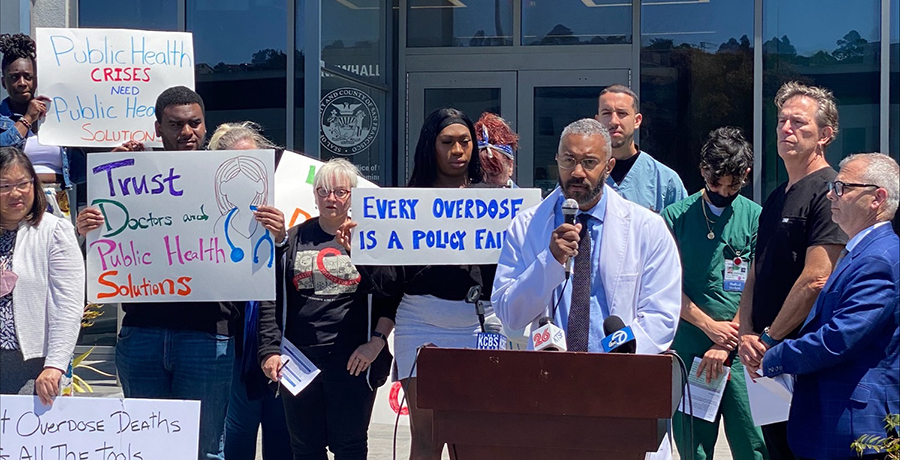
In Mid-May, doctors, healthcare professionals and public health experts gathered outside of the Office of the Chief Medical Examiner in San Francisco to demand evidence-based action to turn the tide on fatal accidental drug overdose. Detailed reporting from the Office of the Chief Medical Examiner has revealed that more than 3,000 residents have lost their lives to accidental overdose since January of 2020.
Calls for a meaningful, evidence-based public health response were echoed by every speaker.
“3,000 deaths is an inconvenient truth,” said Dan Ciccarone, MD, MPH. “It highlights that we are not listening to our public policy experts and our doctors, and not following the accepted 2022 Overdose Prevention Plan [for San Francisco]. It shows that we have not been consistent enough, creative, courageous, collaborative, or comprehensive enough in our policies to be effective.”
Dr. Ciccarone called for four actions to make strides on reducing overdose deaths: establishing wellness hubs to provide overdose prevention services and resources and improve linkage to treatment; expanding and removing barriers to treatment for opiate use disorders; broadening overdose prevention services including naloxone/Narcan, fentanyl test strips, supervised consumption spaces, and drug checking; and, improving connections to services for people who have experienced a non-fatal overdose.
Ako Jacintho, MD, FASAM, Director of Addiction Medicine for HealthRight 360, spoke about the importance of supporting and expanding access to medication assisted treatment (MAT), including methadone and buprenorphine, for people with substance use disorder.
“[MAT] empowers individuals to choose life instead of death,” said Dr. Jacintho. “It offers a respite from the relentless pursuit and use of drugs, allowing a person to rediscover purpose. It provides a chance to reunite with loved ones, return home, and integrate into the workforce. It offers a safe environment to navigate the mental challenges of addiction. It extends a lifetime, a lifeline to those engaged in the battle against addiction.”
Laura Thomas, MPP, MPH, from San Francisco AIDS Foundation and Treatment on Demand Coalition, expanded on the challenges faced by people in San Francisco who wish to change their substance use, and spoke of the need for more accessible treatment options.
“It is extremely difficult for people who are struggling with substance use disorder to find their way out, to find their path recovery, to find paths to a change in their substance use,” she said. “There are barriers in people’s way – from needing to have an ID [to access care], to needing to show up at a certain place at a certain time of day, to wait lists, to difficult regulations and restrictions, to challenges for people who speak Spanish or Mayan languages. We can do better.”
Thomas focused on the need for “treatment on demand”–available to people the moment they need help–and responses that center race equity, trauma and language needs.
“San Francisco has always been a city that knows how to do things, and has been able to do things, at the cutting edge… at the forefront–whether it’s HIV or Covid. When Covid hit San Francisco, what did we do? We listened to the public health experts, we listened to the public health department, we listened to the doctors. We took significant immediate action, and we saved so many lives. We can do that for overdose and substance use disorder, but we have to listen to the experts.”
Juju Pikes-Prince, from Young Women’s Freedom Center, shared a personal experience of losing a loved one to overdose–Ivory Nicole Smith, a Black woman of trans experience.
“Ms. Ivory Nicole Smith was a community leader. Ivory inspired others to understand and value women, including trans women… I was devastated to learn the news of Ivory. Sadly, this experience of losing a loved one is not unique. Countless families in San Francisco have been torn apart by the overdose crisis.”
“The time for action is now, and we refuse to stand by idly while lives are lost,” concluded Gary McCoy, from HealthRight 360. “Despite the challenges we face, there is hope for a brighter future, a future where overdose deaths are prevented. Where stigma is replaced with compassion, and communities come together to support each other.”


